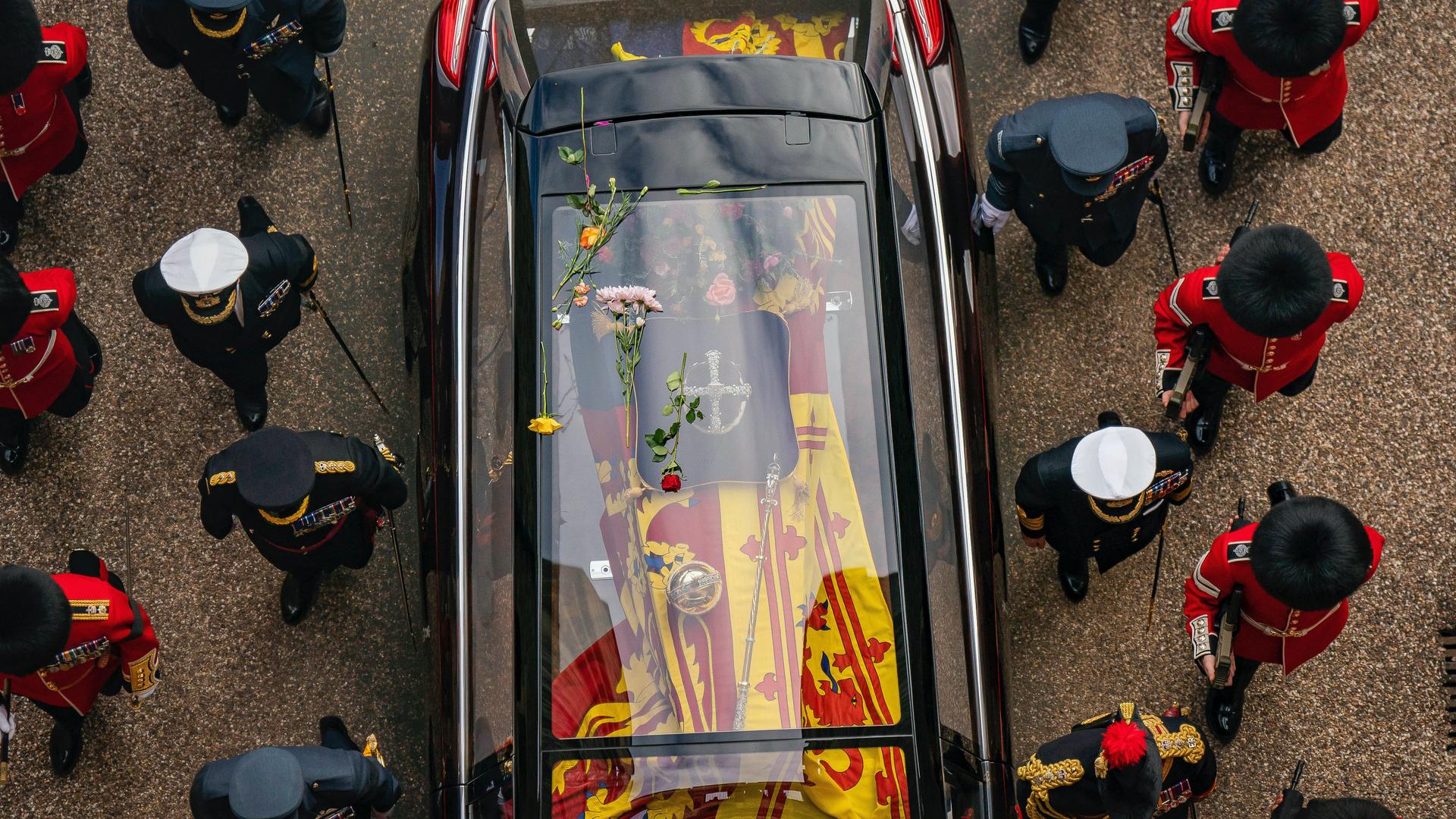Britain’s longest-serving monarch was laid to rest at Saint George’s Chapel in Windsor Castle, the royal residence about an hour west of the British capital, on Monday afternoon.
It was one of the largest funerals in modern history and included 10 days of official mourning.
People waited in 12-hour lines to see her late majesty Queen Elizabeth II lying-in-state while the guest list included 500 heads of state, royals and other foreign dignitaries, plus a grand procession from Westminster Abbey to Wellington Arch near London’s Hyde Park.
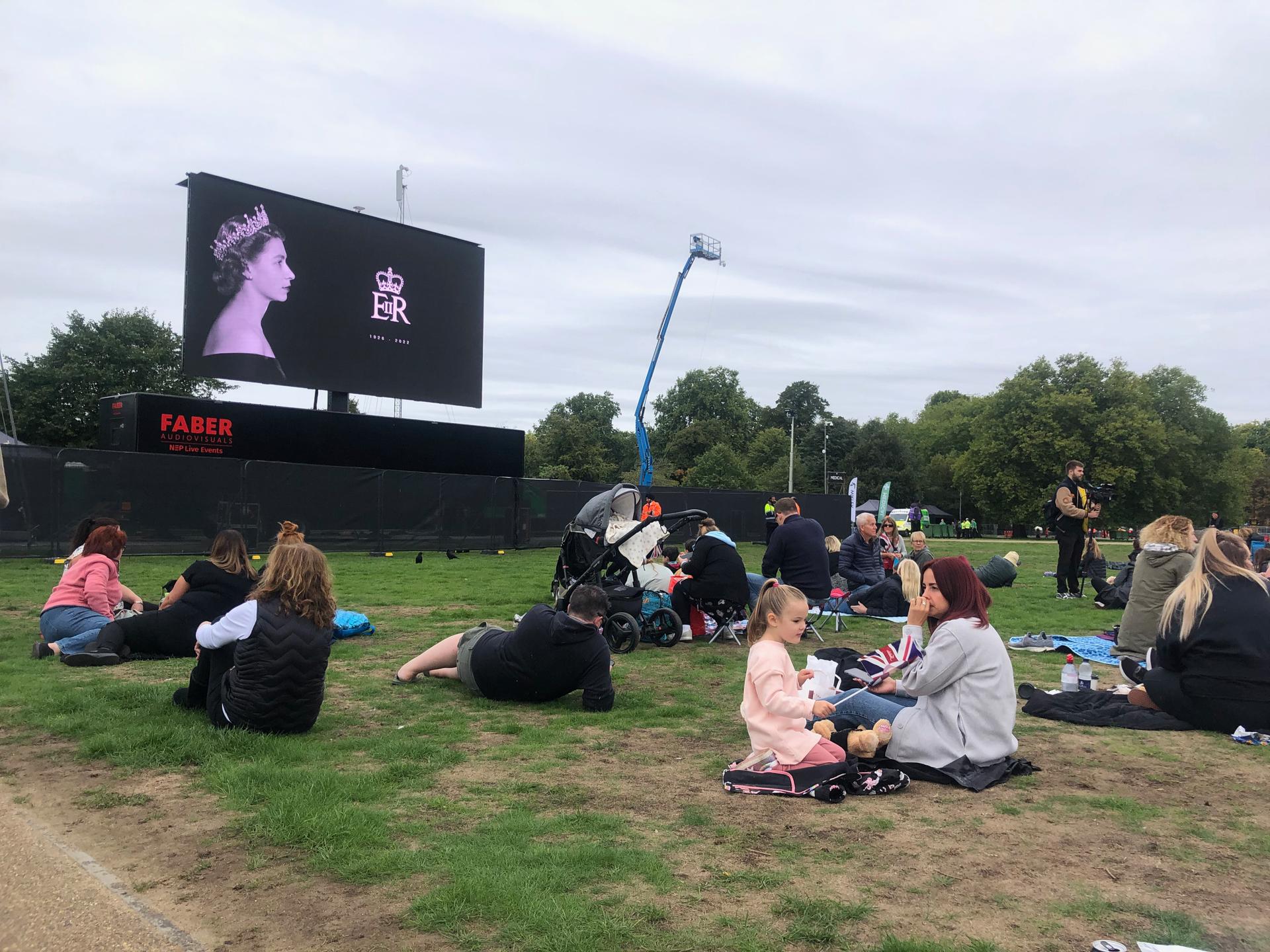
The queen’s funeral plans were decades in the making as part of what was codenamed “Operation London Bridge” — from the 10:44 a.m. gun carriage carrying the queen’s casket through Parliament Square Garden to the 3:53 p.m. procession at Saint George’s Chapel in Windsor before her final burial.
Every detail of the funeral was signed off by the queen herself before her death.
Some 4 billion people from around the world tuned in to coverage of the funeral as London came to a standstill early Monday.
That standstill was evident along Edgware Road, where supermarkets, bakeries, pharmacies and other shops — with the exception of a few bodegas — closed.
Many of the shops posted notices saying that it’s only right that they alter operational arrangements on the day of the funeral so their workers can participate and show their respect.
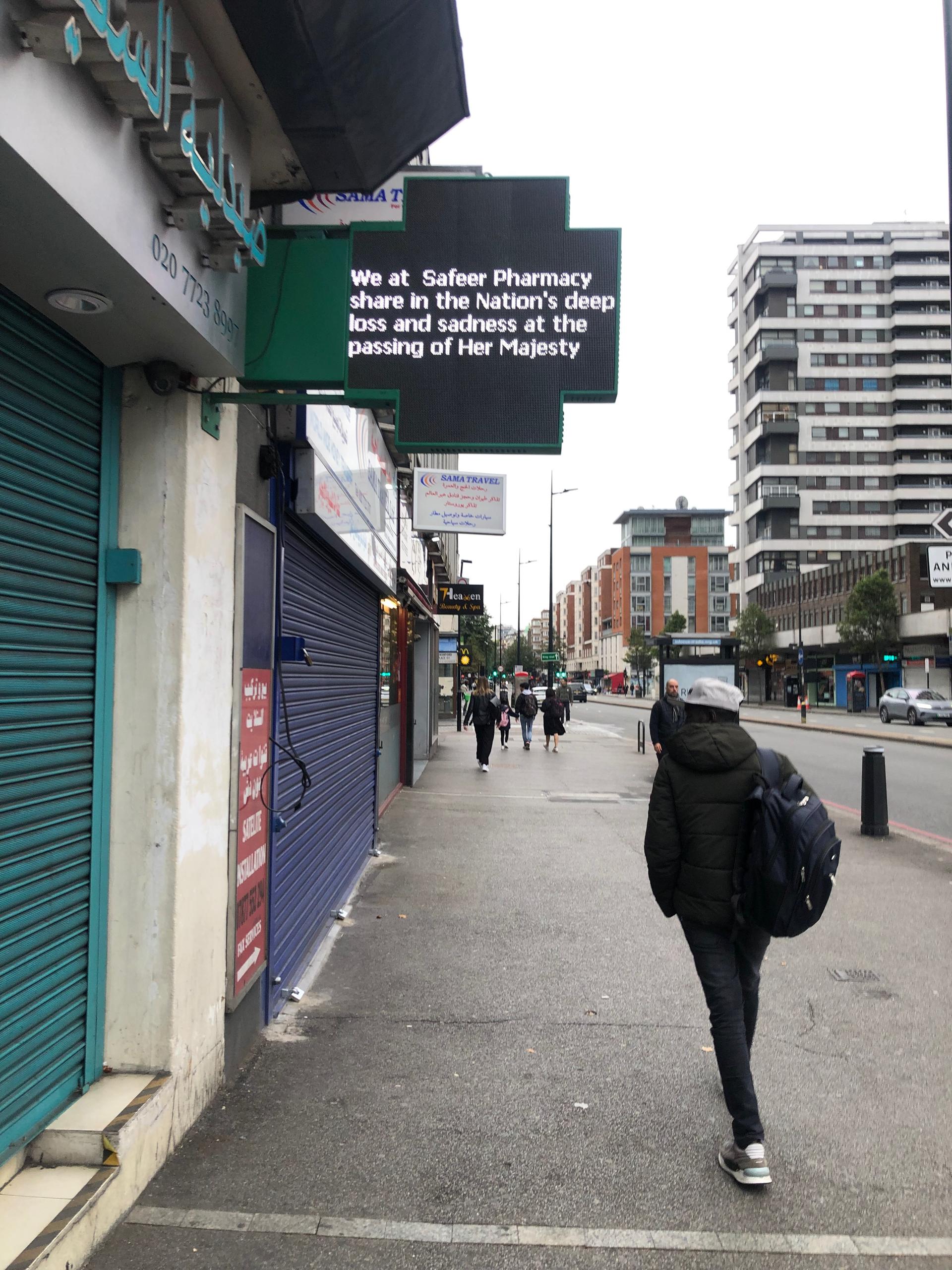
Ceremonial music played as thousands piled into Hyde Park to watch the funeral on one of the giant jumbotrons.
Here, Jill Wilson, 67, had a 4-foot stuffed Paddington Bear that she sewed for the occasion.
The lovable brown teddy bear became associated with the queen after a special sketch was put together to mark her Platinum Jubilee last June.
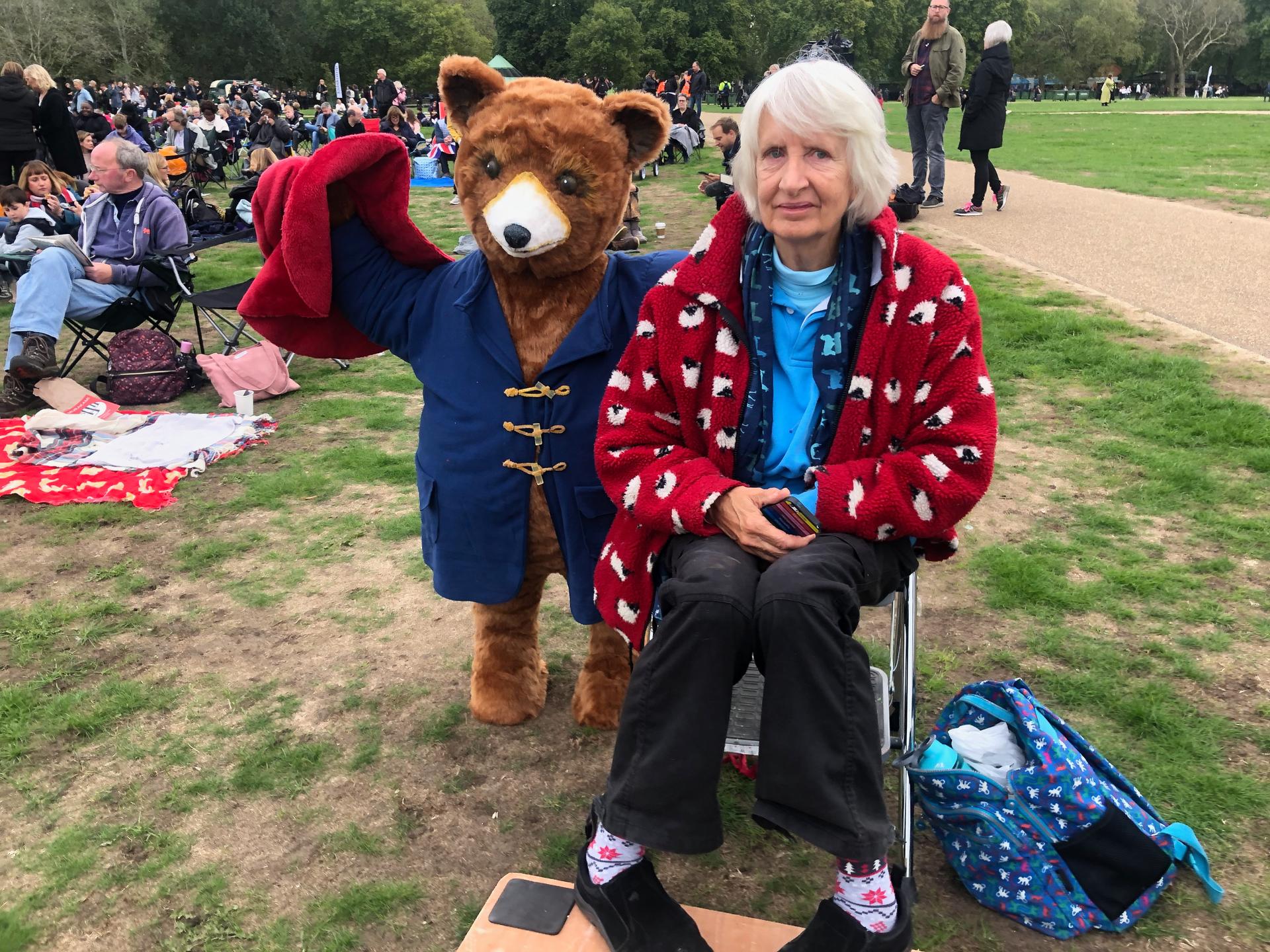
Free screenings of the funeral were also available at 150 cinemas across the country.
Dorene Henderson decided to watch from a theater near London’s West End.
“I don’t think this has ever happened in the UK before, live screenings … they do it for musicians but not funerals,” she said.
Others went for the pub experience.
At The Ship Tavern — first opened in 1549 — silent customers took delicate sips of their pints as they watched the final moments of the hour long service held at Westminster Abbey.
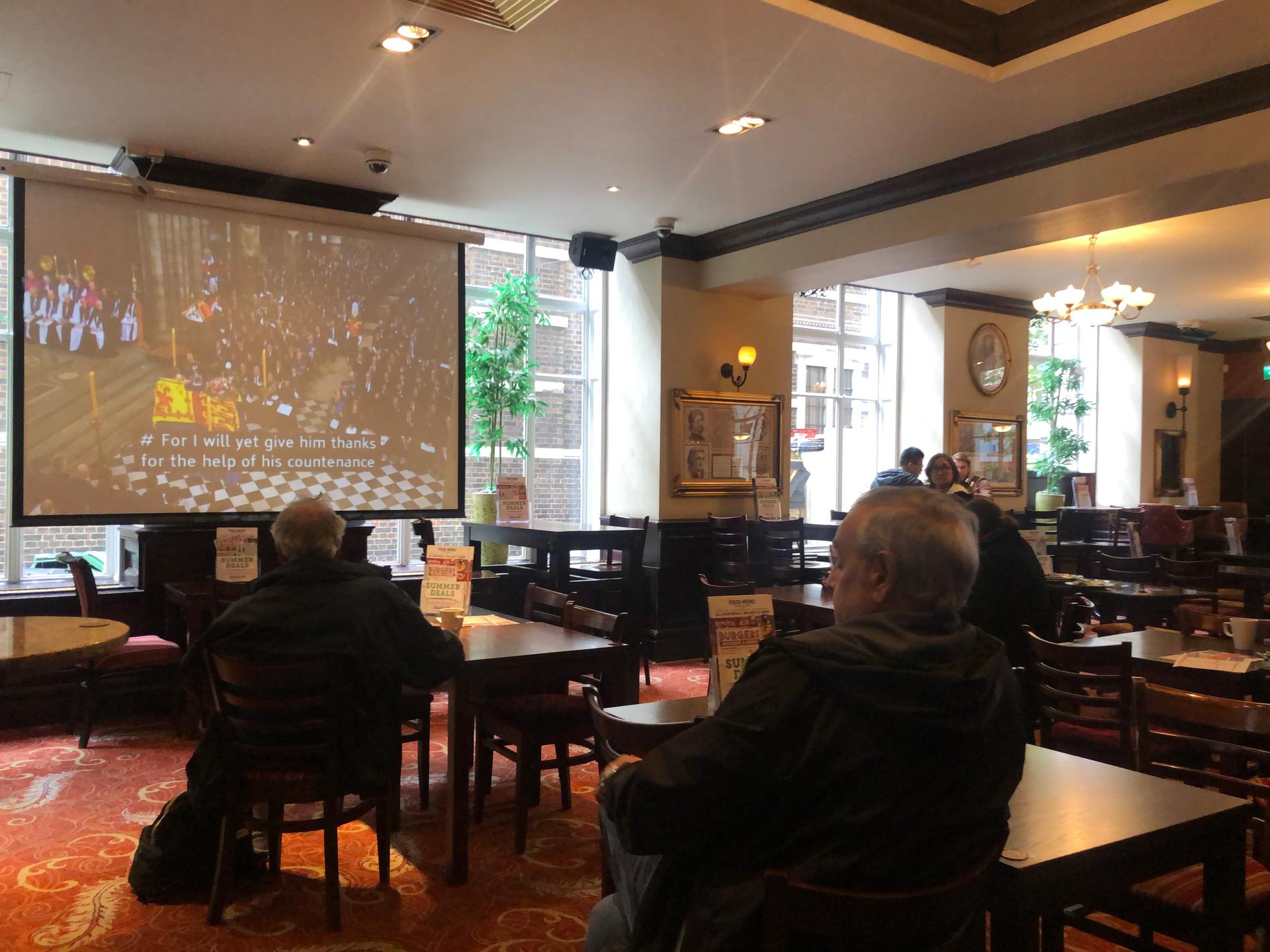
The 2,000 carefully selected guests invited to stand inside the abbey included US President Joe Biden, Canadian Prime Minister Justin Trudeau and French President Emmanuel Macron.
There were also those who were noticeably not invited, like Russian President Vladimir Putin, along with the leaders of Belarus and Myanmar.
Even with nearly two decades of preparations, one of the thorniest tasks for the organizers was balancing diplomacy and security. Despite attempts by the British government to restrict traffic by having world leaders transported by bus, high-profile dignitaries were allowed to bring their own vehicles.
Some onlookers caught a glimpse of Biden sitting inside his armored presidential limousine known as the Beast on Monday morning after he got stuck in traffic near Marble Arch tube station.
London Metropolitan police said the funeral was the “largest single policing event” the force has undertaken, even more challenging than the 2012 Olympics.
And then, London went silent for two minutes as part of the funeral ceremony. Crowds scattered along the mall remained quiet as the queen’s hearse made its way across London before being taken to Windsor for a family service.
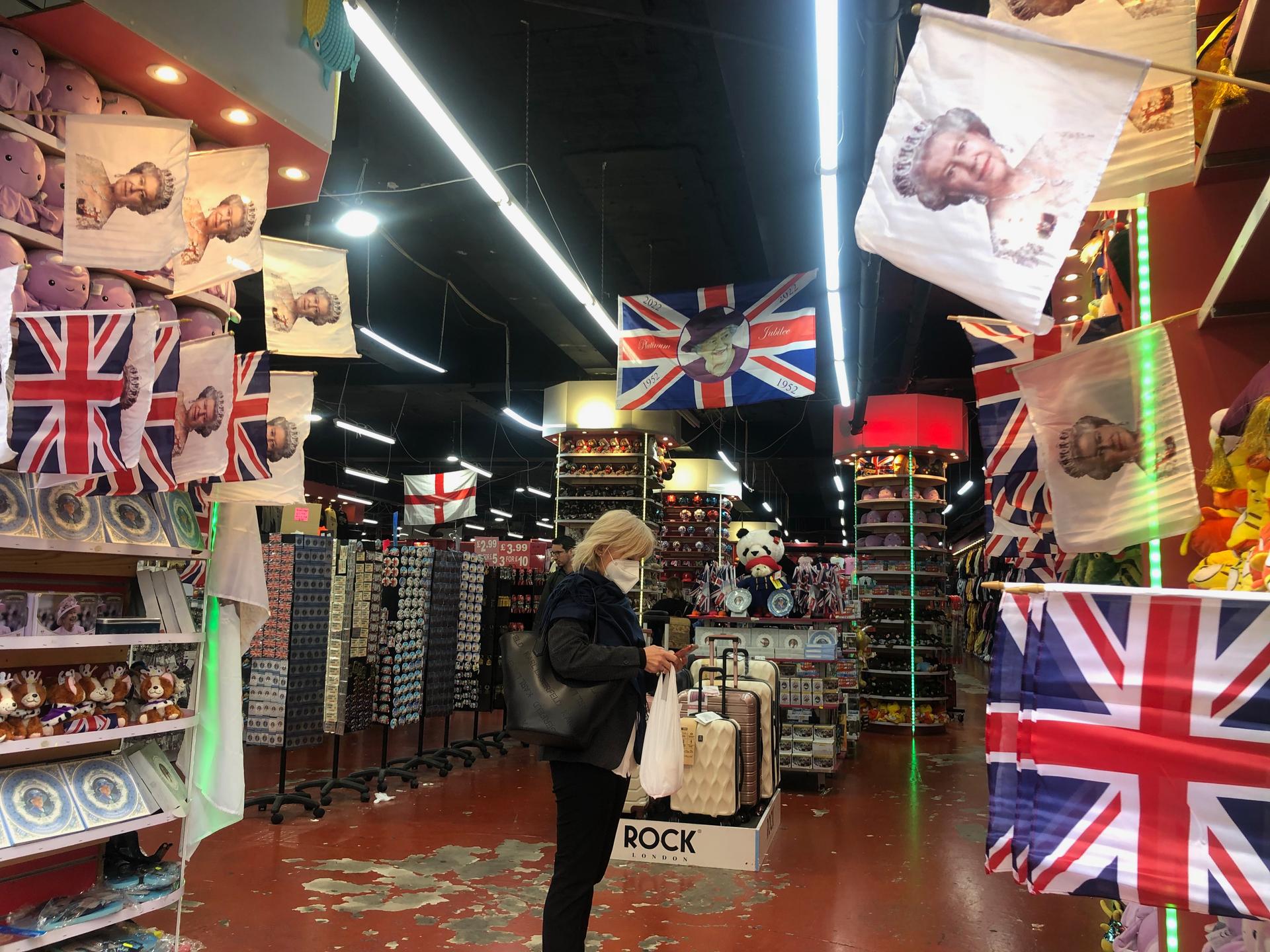
Finally, the queen was buried alongside her husband Prince Philip, who died in 2021, and the many royals that preceded her.
As the ceremonies came to a close, onlookers like Simon Warren and his young son Freddie Warren began to ponder the royals who will follow her.
“The biggest thing for us is that in our generation we’ll never see a queen again, I don’t think,” Simon Warren said.
And while many shied away from talking too much about the newly crowned King Charles III, polls show that he faces an uphill battle to match the popularity of his late mother’s.
He has big shoes to fill, Simon Warren said — shoes that may have been better fit for the queen.
